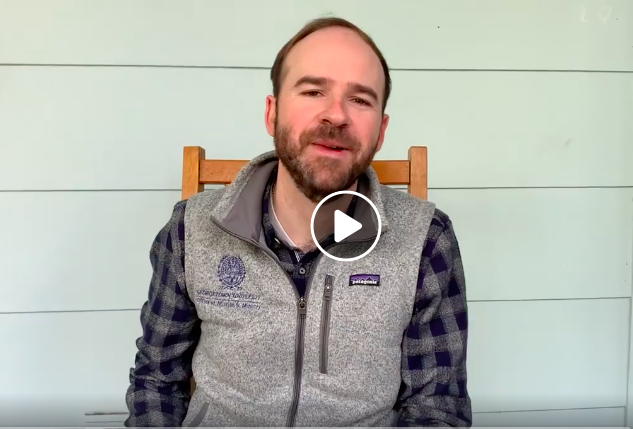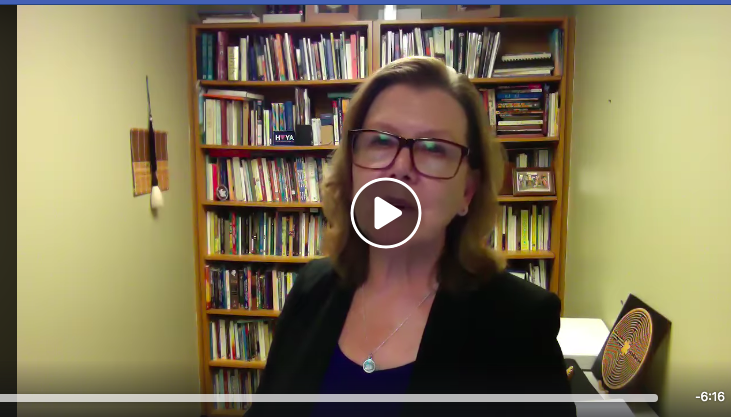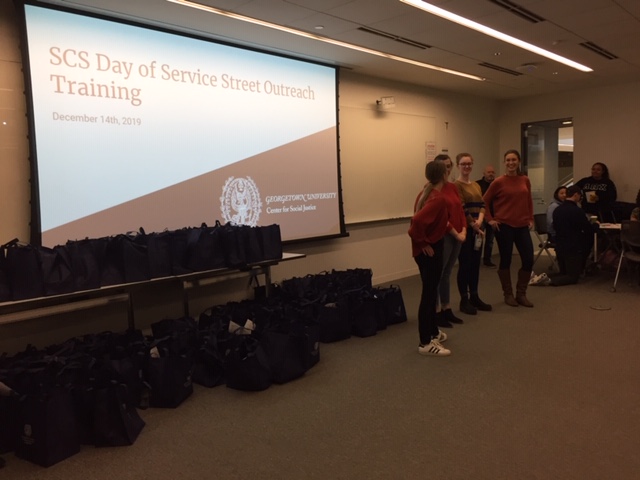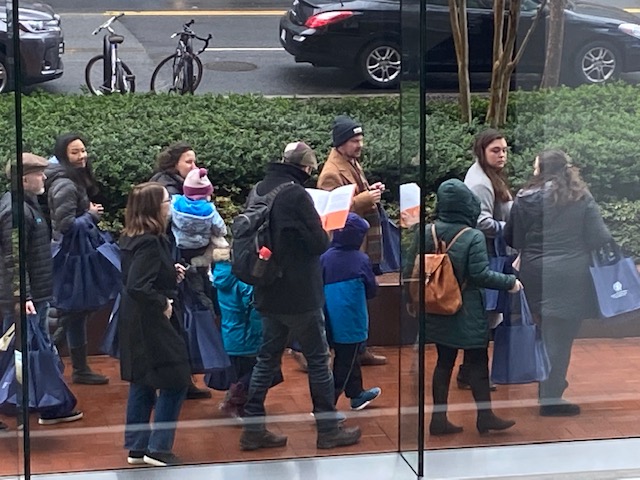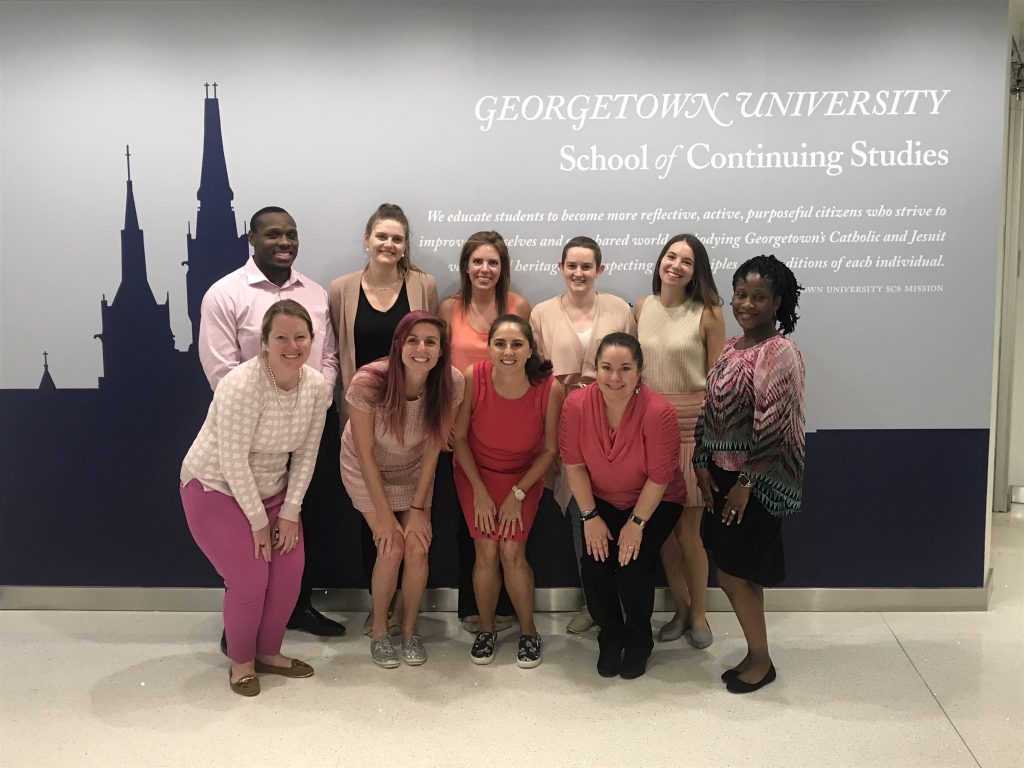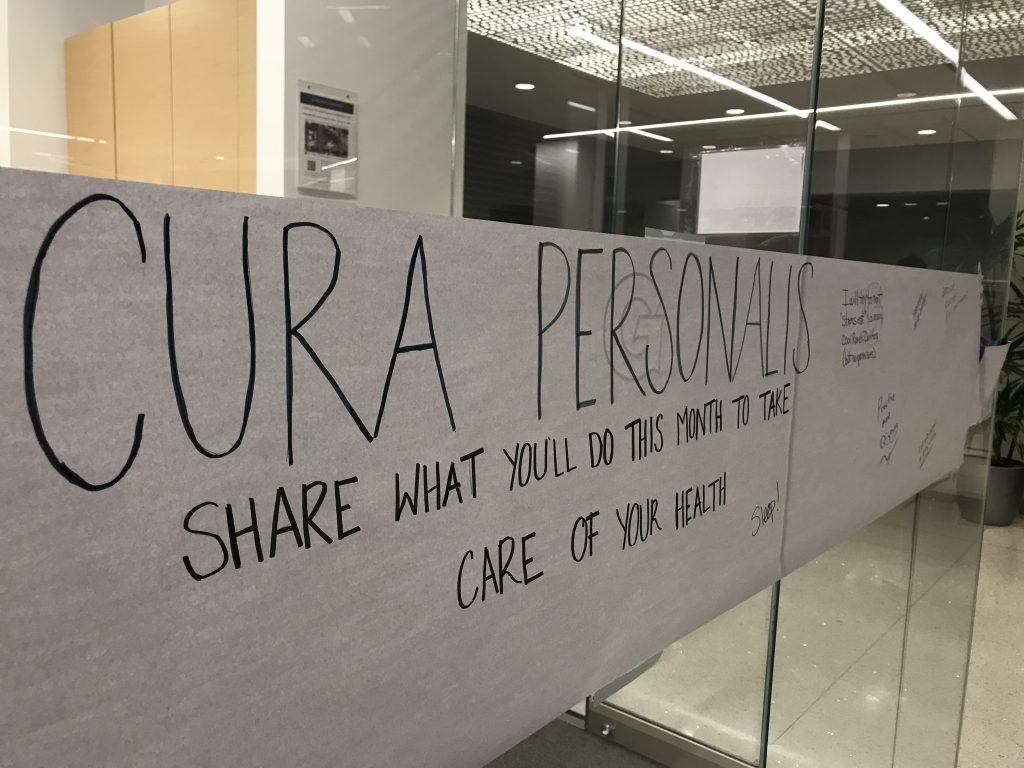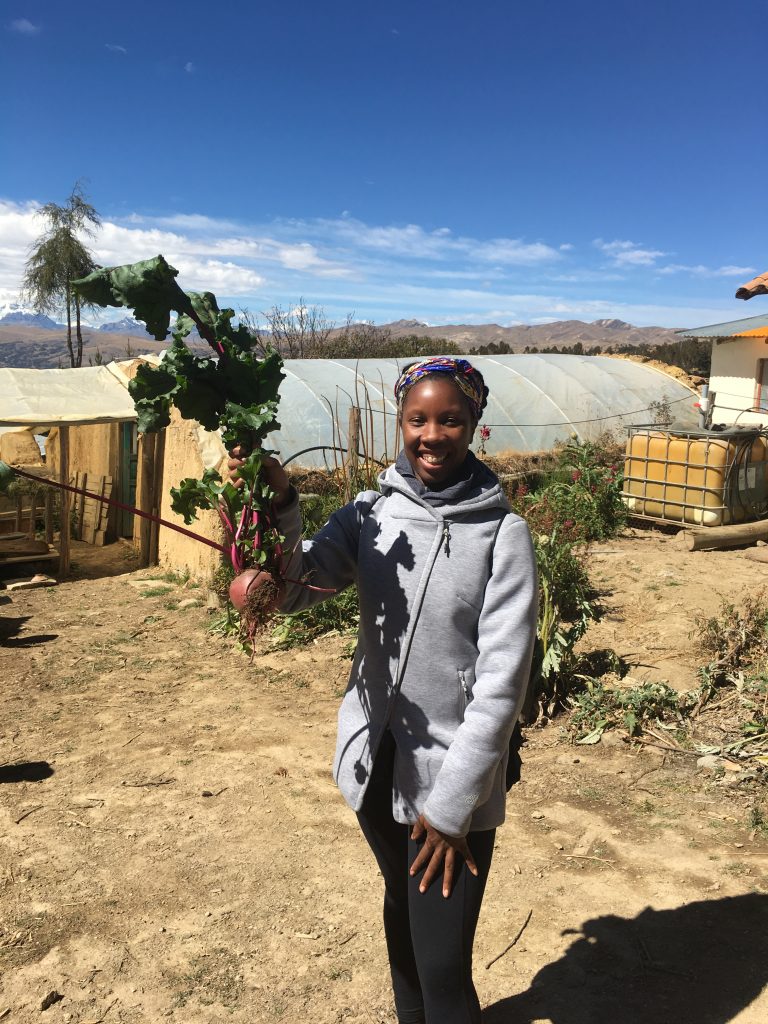Two seemingly unrelated pieces caught my attention this week. The first was an article by Steven Hickman, a psychologist and teacher of mindfulness, about an increasingly acknowledged phenomenon of fatigue with our virtual tools: “Zoom Exhaustion is Real. Here are Six Ways to Find Balance and Stay Connected.” The second was Georgetown’s celebration of the 50th anniversary of Earth Day, which included a set of helpful online information and reflections about the implications for stewardship of the environment in the middle of a global pandemic.
As I pondered the recommendations of the article about Zoom exhaustion, I realized in a deeper way just how much the natural environment offers some important resources for overcoming the challenges of our virtual lifestyles in the era of COVID-19. Enjoying our natural environment, and protecting it from harm, is not only a way to stay healthy during these difficult times but it is also a way of honoring our university’s commitment, as a Jesuit and Catholic institution, to care for God’s created world.

Hickman diagnoses the major drawbacks of an excessive reliance on Zoom technology to conduct our work and our study in these days of maintaining continuity. Acknowledging that tools like Zoom do present some incredible benefits, including the opportunity to foster increased inter-dependence and new ways of learning, Hickman argues that online meetings can actually lead us to feel more distant and absent from each other. Our bodies and our minds, consciously and sub-consciously, are grappling with more information in a Zoom session than is typical for a face-to-face interaction: “And when we start to be over-stimulated by extraneous data that we haven’t had to process in the physical world, each new data point pushes us just a little bit farther way from the human-to-human connection that we all crave and appreciate.”
The author’s six suggestions for coping with Zoom fatigue feature some important insights about maintaining balance and perspective. For me, Hickman’s most helpful suggestions are to give the Zoom session and its participants one’s full attention, fighting against the tendency to multitask, and to take breaks between sessions. I have tried to observe these remedies for Zoom fatigue in the last few weeks with varying success. Taking breaks by walking in nature (at a responsible social distance, of course) and gazing at the natural world has been my go-to source for nourishing my attention and energy necessary for a day filled with Zoom meetings.

Walking in nature, admiring trees, creeks, flowers, animals, etc., has helped ground my perspective in this difficult period. The awe and majesty of the environment remind me to reflect on the source of all created things (it makes more sense to me why the natural world has inspired spiritual movements of all kinds, sometimes branded as Eco-Spirituality). As I enter into these reflections, take a deep breath, and soak up the gifts of the natural environment, my horizon and vision expand beyond more narrow daily concerns.
Pope Francis, in his teaching document Laudato Si, describes how important it is to simply gaze at the wonders of nature, just like St. Francis, patron saint of the environment and animals: “Just as happens when we fall in love with someone, whenever he would gaze at the sun, the moon or the smallest of animals, he burst into song, drawing all other creatures into his praise.” The peace of a nature walk can translate not only into greater mindfulness and attention but also a deeper love for nature and a desire to protect it against harm. In my nature walks, I am often moved from awareness to gratitude and love for the peace that I feel in the natural environment. This is where Georgetown’s 50th anniversary celebration of Earth Day connects and offers some suggestions for how to make environmental protection a part of our lifestyle even in the midst of this global pandemic.
Georgetown presents many ways to grow into greater appreciation for the gift of the natural environment. Some of these creative ideas including taking a virtual sustainability tour of the campus, exploring 50 actions for 50 years that universities in the D.C. area can take to increase their sustainable practices, and reading reflections from university students, faculty, and staff about how they approach environmental sustainability. Always anchored in the university’s commitments to our Catholic and Jesuit values and the common good, as demonstrated by Pope Francis in Laudato Si, Georgetown is a leader in the local and global efforts to protect the natural environment. Flowing from Georgetown’s commitment and inspired by the personal benefits of walking in nature, here is my invitation for this week:
- Spend some time reflecting on the possibility that you are experiencing Zoom fatigue. Are you finding yourself drained after a day of online interactions? If so, name the feelings associated with your experiences.
- Take some time to review Georgetown’s Earth Day resources. Do any of the suggested actions resonate with you and move you to take action on behalf of the environment?
- Try to take some breaks from Zoom meetings with a socially distant walk in nature. After your walk, find a little time to reflect on your experience. Did being surrounded by nature give you greater perspective on your day? Do you feel more recharged?


